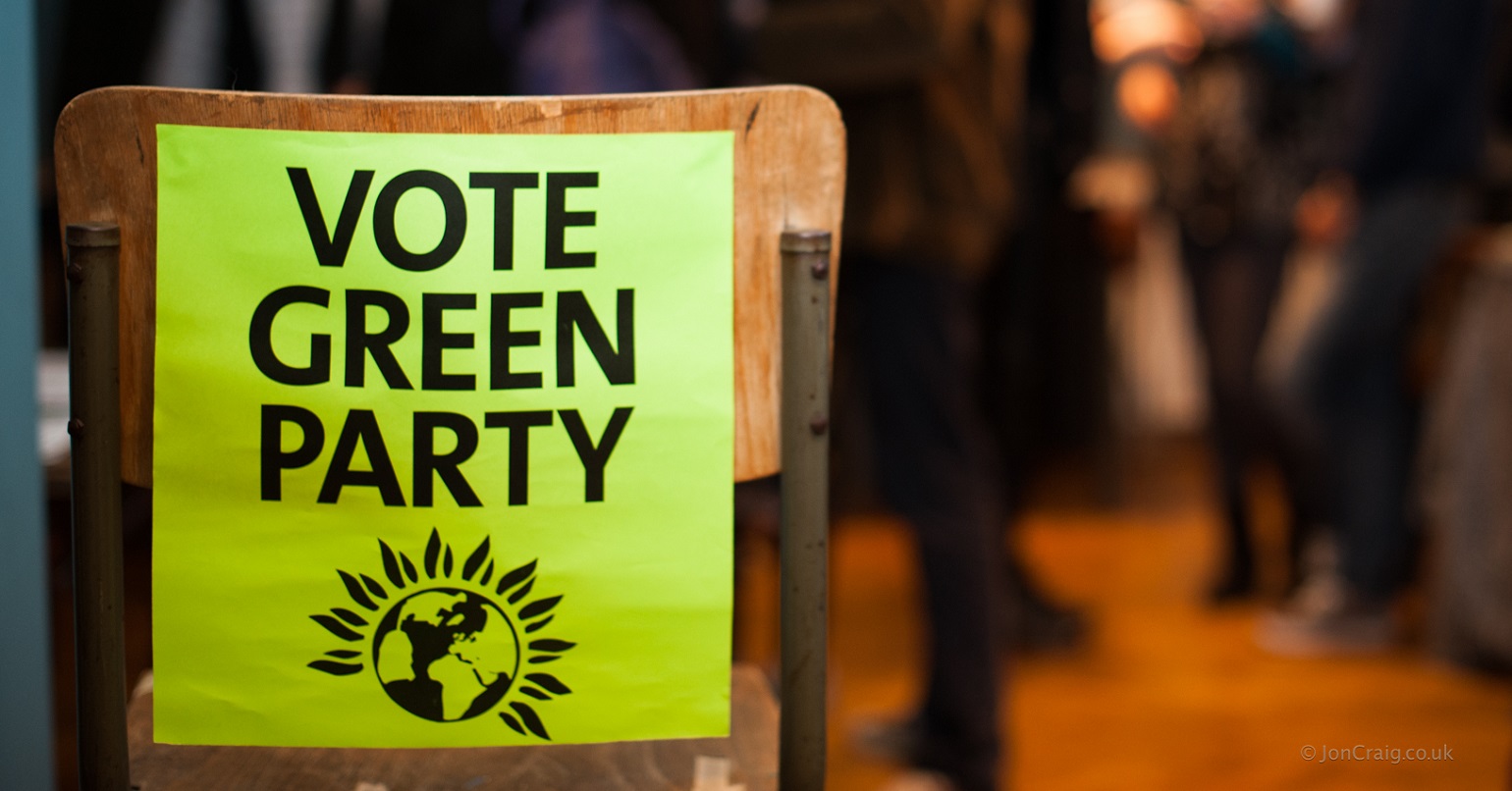Lib Dems Scots conference – retreating to the hills?
Is treasa tuath na tighearna: “The People are mightier than a lord”. This famous slogan of the 1880s Highland Land League is where, I think, you have to begin if you want to understand the grip of the Liberal Party, and so the Lib Dems, over the Highlands of Scotland.
This movement was, some would say, remarkably succesful. After a wave of occupations of land, and other forms of direct action, 5 ‘Crofters’ Party’ MPs were elected across the Highlands in the 1865 General Elections. As a result, The Crofters’ Holdings (Scotland) Act of 1866 passed by The Liberal Government through Parliament, and granted the movement some – although by no means all – of its demands. Gladstone’s Party was seen by many to have taken on and championed the demands of the movement. And so it is that the Liberals became to crofters what the Labour party became to urban workers decades later*.
And just as you find people across the country who vote Labour ‘because my Dad always did’, so you find families in the Highlands who have always voted Liberal. Of course, this doesn’t mean that they have always won every seat. In fact, every Highland seat has changed hands at some point over the last 100 years (though Orkney & Shetland has been Liberal since 1950). But it does explain something that many of my English friends struggle to understand about the Lib Dems: Their coalition of voters is complex and historic. The Lib Dems many of us see inhabit so called ‘radial’ constituencies stretching from city centres, through universities, and into suburbs. They try to cobble together the votes of the suburban middle class with those of lefty students. But this is not the only base the party has built for itself over the years, and voting habits can last for generations. Those who write them off entirely are, perhaps, too quick to forget this.
And as the Scottish Liberal Democrats meet in Perth, they too remember their history. On the Friday of their final party conference before the Scottish election – their biggest media day of the event – what policy are they trailing? Fuel duty cuts for remote communities and the Islands. Now, this is probably a good idea – remote areas are being hit much harder by the rising cost of oil, and finding a way to buffer that while transitioning from oil seems fair. But it seems odd, does it not, to focus such a prominent media hit on one, sparsely populated region of the country? Unless you ask this: Have the Scottish Lib Dems decided to retreat to their rural seats? A look at their website shows that the other campaigns they claim to be running include support for rural broadband, opposition to forestry privitisation (yes, really), and – with a sense of history – rights for crofters. While there is the odd other thing, there really isn’t much there for their urban candidates to shout about. With boundry changes, the Lib Dems have notionally picked up Edinburgh Central, and including this, their current Holyrood seats split nearly 50:50 down the rural/urban divide (with some – particularly regional seats – a bit of both). If about half of their MSPs are defending urban seats, where are the national campaigns to support these candidates? Has the central party decided to ditch these seats and focus on the rural areas? If so, what does that say for the Lib Dems across the UK? Will they ditch Simon Wright for Norman Lamb? We shall see…
*This is, of course, a massive over-simplification of complex history…




Leave a Reply